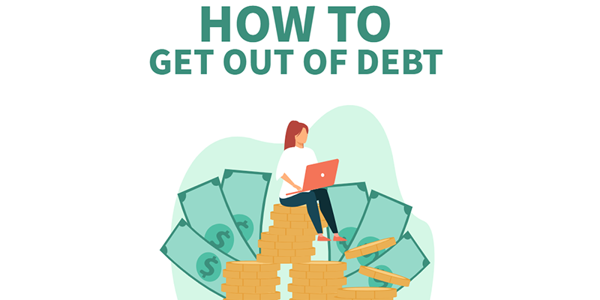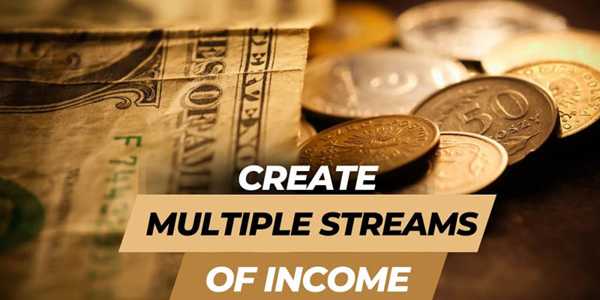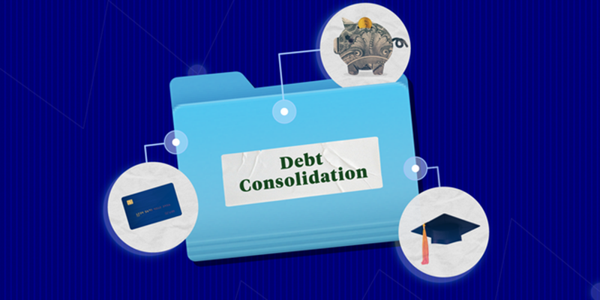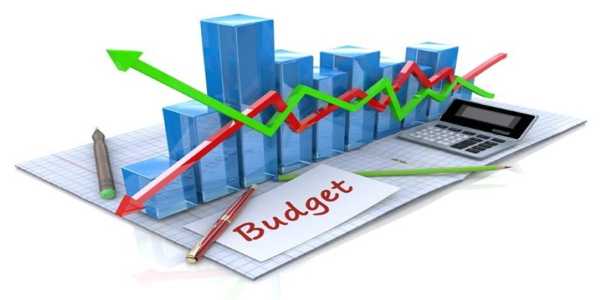Why Do You Need A Budget Planner In Your Financial Routine?
Ever reached the end of the month wondering, “Where did all my money go?”
Managing money isn't just about knowing how much you earn. It's also about knowing where every dollar goes and what it's doing for you. That's where a budget planner comes in. It's not just a notebook or an app—it's a tool that gives structure to your financial habits, keeps you on track, and helps you take control of your future.
Is it worth it? Let's dig deeper and explore how a budget planner can significantly enhance your financial routine.
What Exactly Is A Budget Planner?
Think of a budget planner as your financial dashboard. It's a tool—either digital or physical—that helps you track your income, spending, savings, and even your financial goals.
But it's not just about writing things down. The best planners help you see patterns, build discipline, and shift your mindset from reactive to proactive. Whether you're using an app or a classic notebook, the real power of the budget planner lies in how it transforms your day-to-day financial behaviour.
How Can A Budget Planner Improve Your Financial Awareness?
Do you ever feel like you're spending without thinking? A planner forces you to face your finances head-on.
Here’s what happens when you start writing things down:
You stop guessing and start knowing how much you spend on coffee or subscriptions.
You notice what's draining your wallet, and sometimes it's the little things that go unnoticed.
You can track fixed vs. variable expenses and start recognising which areas can be tightened.
This simple act of recording expenses makes you more mindful of your spending. Suddenly, impulsive purchases stand out more clearly, and you start questioning whether they're worth it.
What Happens When You Start Planning?
Planning is half the battle in financial management. A budget planner gives you the ability to forecast the month instead of reacting after the damage is done.

Let’s say you know next month has extra costs—maybe a friend’s wedding, a car service, or back-to-school shopping. Plugging that into your planner helps you redistribute your income before the expenses arrive. That way, you’re not scrambling or dipping into your savings to cover something you could’ve planned for.
The result? You start living with financial intention—spending with purpose rather than out of habit or emotion.
Can A Budget Planner Help You Meet Long-Term Goals?
Absolutely. Most people want to save more, invest smarter, or become debt-free—but without a roadmap, those goals feel abstract. That’s where your planner becomes a game-changer.
You can break big goals into small, manageable steps:
Want to save $5,000 in a year? That’s about $417 a month.
Paying off $3,000 in credit card debt? Track your minimum payments and see how extra contributions chip away at the balance.
Planning a vacation in 6 months? Add a line item in your budget to gradually build that travel fund.
The planner helps you turn dreams into action steps—and shows your progress along the way. Motivation kicks in when you see those numbers move in the right direction.
What If You're Living Paycheck To Paycheck?
This is actually when a budget planner is most needed. When money feels tight, tracking every dollar becomes critical. You can't afford to be vague about your spending. A budget planner helps you identify waste, reprioritise, and make even a limited income stretch further.

Often, people in this situation are surprised to find small leaks in their budget—a few forgotten subscriptions, daily takeout, or unused memberships. Once spotted, those dollars can be redirected to bills, savings, or other essential needs.
Even if your income is low, planning gives you power over your situation. It helps you move from financial Stress to a sense of control.
How Does It Help Build Better Habits?
Budgeting isn't a one-time fix—it's a habit. And like any good habit, it takes consistency. A planner encourages a rhythm: check in weekly, review monthly, and plan quarterly.
You get used to asking:
Did I stay within my budget last week?
Do I need to make any adjustments this month?
Am I still on track with my goals?
These regular check-ins build discipline. Over time, you’ll find yourself naturally more aware of your spending without even needing to consult the planner constantly.
And the best part? You start feeling the benefits—less Stress, more savings, and fewer financial surprises.
What Should You Look For In A Budget Planner?
You don't need anything fancy. What matters is that it works for you. Some people love a clean and organised spreadsheet. Others want the feel of pen and paper. Some prefer apps with reminders and automation.
Here are two features you should look for, regardless of the format:
Monthly Layout
This helps you map out income and fixed bills at a glance.
Category Tracking
So you can see where your money goes—groceries, transportation, personal spending, savings, and more.
If you like goal-setting, look for planners that include sections for financial goals and reflections. This keeps the big picture visible at all times.
Is It Too Late To Start?
Not at all. The best time to start using a budget planner is right now. Whether you're 22 or 52, tracking your finances brings clarity and direction.
Even if you’ve never budgeted a day in your life, your first planner could become the tool that flips the script. Start small. Set one financial goal. Record your expenses for one week. You’ll be surprised how quickly that awareness grows.
Building A Better Financial Life Starts With One Step
Adding a budget planner to your routine isn’t about becoming a finance guru overnight. It’s about taking one simple, practical step that pays off in the long run.
When you write things down, you start paying attention. When you plan, you make more informed and intelligent decisions. And when you see your progress, you start believing that financial goals aren't just ideas—they're reachable.
If your money always seems to vanish or you're ready to stop living paycheck to paycheck, give a budget planner a try. It might be the easiest change that brings the most significant results.







